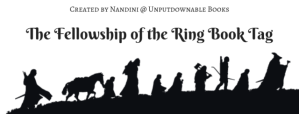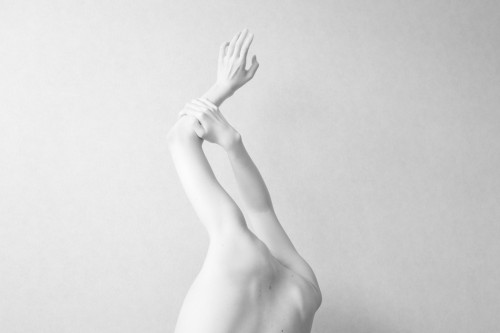#elie wiesel
“How does one mourn for six million people who died? How many candles does one light? How many prayers does one recite? Do we know how to remember the victims, their solitude, their helplessness? They left us without a trace, and we are their trace …”
—Elie Wiesel, speaking at the Days of Remembrance ceremony in 2001
“The opposite of love is not hate, it’s indifference. The opposite of art is not ugliness, it’s indifference. The opposite of faith is not heresy, it’s indifference. And the opposite of life is not death, it’s indifference.”
— Elie Wiesel
Artwork by Zezn
Post link
Fellowship of the Ring Book Tag

Today, for the very first time, I’m doing a book tag on my blog! Many thanks to BiblioNyan for tagging me. She’s very cool and kind and friendly and you should check her out.
I have to admit, I’m a poor Tolkien fan. I’ve only read The Hobbit and about two thirds of The Fellowship of the Ring, although I have seen all the movies in the trilogy & the first Hobbit movie. I’ll have to get on that…
When I became conscious of myself again, I tried to slow my pace somewhat. But there was no way. These human waves were rolling forward and would have crushed me like an ant.
By now, I moved like a sleepwalker. I sometimes closed my eyes and it was like running while asleep. Now and then, someone kicked me violently from behind and I would wake up. The man in back of me was screaming, “Run faster. If you don’t want to move, let us pass you.” But all I had to do was close my eyes to see a whole world pass before me, to dream of another life.
The road was endless. To allow oneself to be carried by the mob, to be swept away by blind fate. When the SS were tired, they were replaced. But no one replaced us. Chilled to the bone, our throats parched, famished, out of breath, we pressed on.
We were the masters of nature, the masters of the world. We had transcended everything—death, fatigue, our natural needs. We were stronger than cold and hunger, stronger than the guns and the desire to die, doomed and rootless, nothing but numbers, we were the only men on earth.
At last, the morning star appeared in the gray sky. A hesitant light began to hover on the horizon. We were exhausted, we had lost all strength, all illusion.
The Kommandant announced that we had already covered twenty kilometers since we left. Long since, we had exceeded the limits of fatigue. Our legs moved mechanically, in spite of us, without us.
Night - Elie Wiesel
ONE DAY, when we had just returned from the warehouse, I was summoned by the block secretary:
“A-7713?”
“That’s me.”
“After your meal, you’ll go to see the dentist.”
“But … I don’t have a toothache…”
“After your meal. Without fail.”
I went to the infirmary block. Some twenty prisoners were waiting in line at the entrance. It didn’t take long to learn the reason for our summons: our gold teeth were to be extracted.
The dentist, a Jew from Czechoslovakia, had a face not unlike a death mask. When he opened his mouth, one had a ghastly vision of yellow, rotten teeth. Seated in the chair, I asked meekly:
“What are you going to do, sir?”
“I shall remove your gold crown, that’s all,” he said, clearly indifferent.
I thought of pretending to be sick:
“Couldn’t you wait a few days, sir? I don’t feel well, I have a fever…”
He wrinkled his brow, thought for a moment, and took my pulse.
“All right, son. Come back to see me when you feel better. But don’t wait for me to call you!”
I went back to see him a week later. With the same excuse: I still was not feeling better. He did not seem surprised, and I don’t know whether he believed me. Yet he most likely was pleased that I had come back on my own, as I had promised. He granted me a further delay.
A few days after my visit, the dentist’s office was shut down. He had been thrown into prison and was about to be hanged. It appeared that he had been dealing in the prisoners’ gold teeth for his own benefit. I felt no pity for him. In fact, I was pleased with what was happening to him: my gold crown was safe. It could be useful to me one day, to buy something, some bread or even time to live. At that moment in time, all that mattered to me was my daily bowl of soup, my crust of stale bread. The bread, the soup—those were my entire life. I was nothing but a body. Perhaps even less: a famished stomach. The stomach alone was measuring time.
Night - Elie Wiesel



